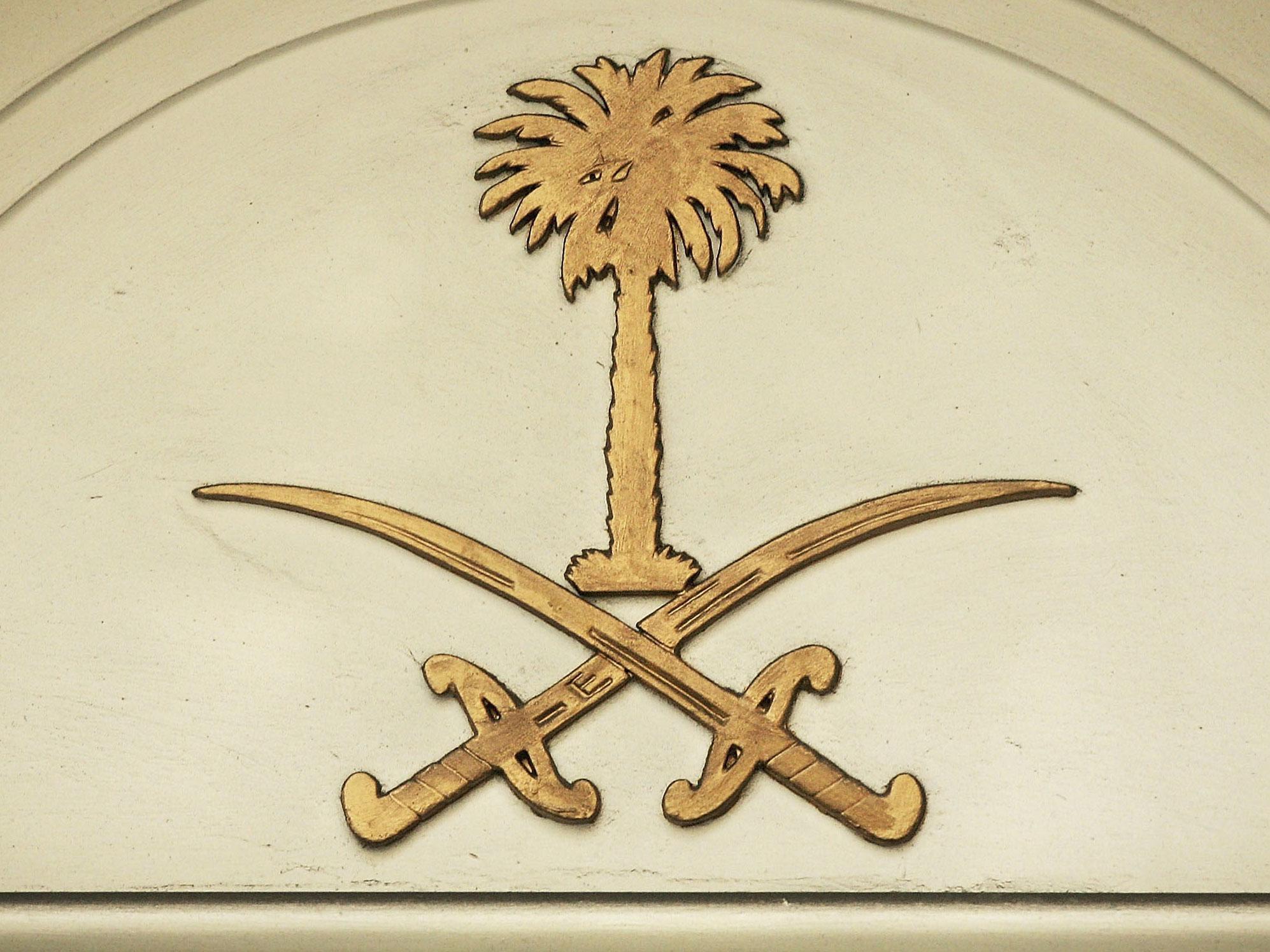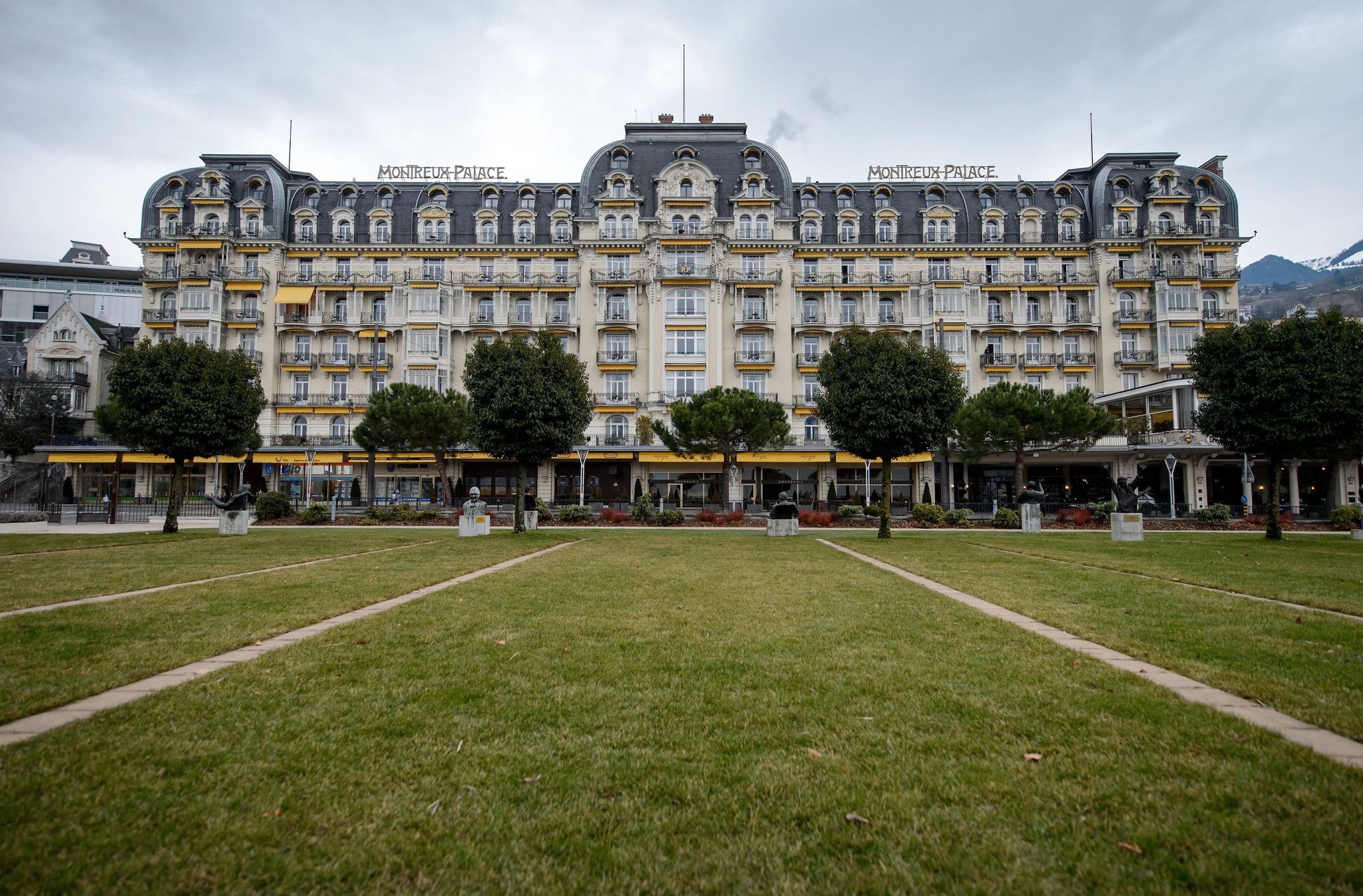5 things we've learned from the Saudi Arabia Wikileaks documents

Your support helps us to tell the story
From reproductive rights to climate change to Big Tech, The Independent is on the ground when the story is developing. Whether it's investigating the financials of Elon Musk's pro-Trump PAC or producing our latest documentary, 'The A Word', which shines a light on the American women fighting for reproductive rights, we know how important it is to parse out the facts from the messaging.
At such a critical moment in US history, we need reporters on the ground. Your donation allows us to keep sending journalists to speak to both sides of the story.
The Independent is trusted by Americans across the entire political spectrum. And unlike many other quality news outlets, we choose not to lock Americans out of our reporting and analysis with paywalls. We believe quality journalism should be available to everyone, paid for by those who can afford it.
Your support makes all the difference.Last week saw a massive Wikileaks release of tens of thousands of confidential and top secret Saudi Arabian government documents.
There's hundreds of thousands more due to be released, and the Saudi government are encouraging their citizens not to share the documents - although, crucially, they haven't directly denied the authenticity of any of the releases, instead saying some of the documents have been "fabricated in a very obvious way".
Not all of the leaks have been verified yet, but what they appear to show gives an interesting insight into the workings of the Saudi Arabian kingdom.
A Saudi princess racked up an £882,000 limo bill - and didn't pay it
One of the most popular leaked documents isn't a internal embassy memo or top secret dossier, but a simple invoice, sent from the short-changed owner of a Geneva limo company who had one of his customers leave the country when she owed him 1.5 million Swiss francs.
The bill has been linked to Princess Maha Al Ibrahim, the wife of senior Saudi royal Abdul-Rahman bin Abdulaziz Al Saud.
Since Wikileaks published the documents, the Associated Press and other media organisations have been working hard to go through them, which is tricky as most of them are in Arabic. However, they called Louis Roulet, the administrator of the short-changed limo company, Golden Limousine services.

He remembers the incident well, and confirmed the authenticity of the document - although he said the total bill was "far more" than 1.5 million Swiss francs (£882,000).
He said: "We don't work with the family anymore, for the obvious reasons", but added that this kind of incident is typical of the wealthy Arab customers he deals with, saying "I find this totally normal."
Fortunately for Louis, the bill has now been paid in full.
Government officials appear to discuss ways to undermine Iran
One document, a memo that is said to have originated in the Saudi embassy in Tehran, mentions "the frustration of the Iranian citizen and his strong desire for regime change."
It goes on to discuss ways that Iranians' grievances with the government could be brought to light - including spreading the message on social media, increasing the profile of opposition activists abroad, helping co-ordinate their actions and encouraging them to show pictures of tortured Iranian citizens.
Beyond these discussions, it appears that the Saudis are keeping a close eye on their neighbours across the Persian Gulf. A memo sent in 2012 says that Iran has been getting "flirting American messages" over a peaceful nuclear programme in Iran.
They really don't like Israel
One particularly interesting document, a memo sent to the Saudi Embassy in Washington, DC, warned that dozens of Saudi students had visited the Israeli embassy in the American capital.
Students from other Gulf nations had gone too, as part of an international leadership programme.
According to the memo, they has "listened to briefings by embassy employees, asked questions, and had pictures taken."
The Foreign Ministry asked the American Saudi embassy to prepare a report on the issue, in a memo marked 'urgent'.
Their concern is understandable in context. There is no diplomatic co-operation between the two nations at all, and their only real link is that they both oppose the increasing influence of Iran.
There's still more to come
Friday's document drop consisted of around 60,000 different files. Almost all of these documents are scanned pieces of paper, written in Arabic.
Wikileaks claim they have more than half a million files, and they're going to be released in batches of tens of thousands over the next few weeks.
Naturally, with this many documents, there's a lot of inconsequential memos that don't give too much away. However, only around 12 per cent of the documents have been released so far, and they contain some very important information.
There may well be a lot more to come as the rest of the files are released.
But there's still things we don't know...
Hundreds of thousands of confidential government documents can provide a detailed insight into the workings of that government.
But despite the droves of raw information that are being released, there's one thing we don't know - how the documents got out in the first place.
The Wikileaks press release mentions the Yemeni Cyber Army, a hacker group that successfully breached Saudi Foreign Ministry networks in May and released a handful of documents that they obtained.
That was the last known Saudi computer breach, but the press release goes on to say: "The full Wikileaks trove comprises thousands of times the number of documents" - suggesting that their leaks didn't come from the Yemeni Cyber Army.
So where did they come from? No-one quite knows, yet. It could be the work of a whistleblower like Chelsea Manning, or the work of another organised hacker group.
It remains a secret, but the Saudi Foreign Ministry spokesman, Osama Naqli, mentioned "enemies of the state" when speaking about the leaks, and promised to prosecute those involved.
Join our commenting forum
Join thought-provoking conversations, follow other Independent readers and see their replies
Comments